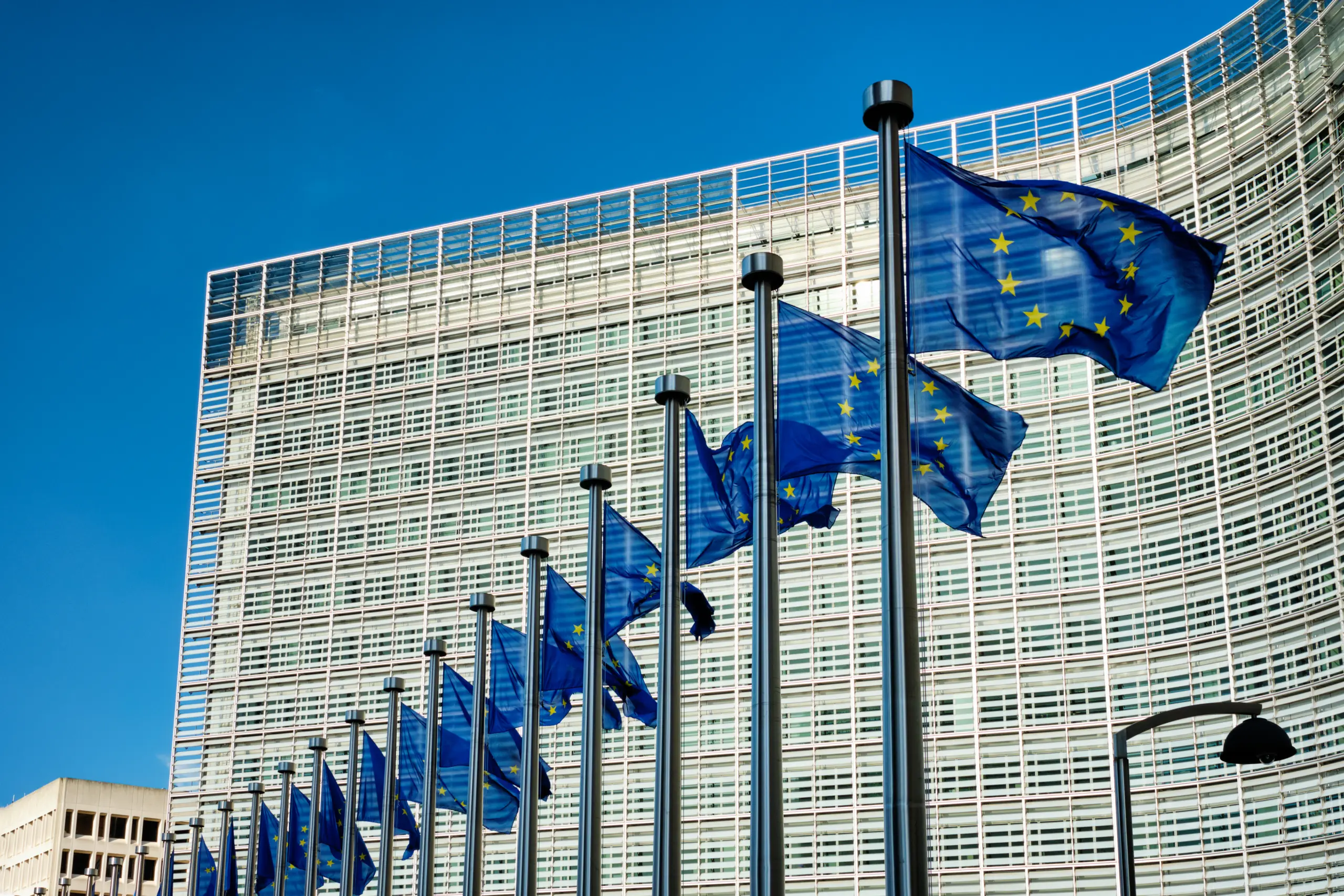To: Ms. Ylva Johansson, European Commissioner for Internal Affairs
CC: Ms. Martine Deprez, Secretary-General of the European Commission;
Ms. Thérèse Blanchet, Secretary-General of the Council of the European Union
Mr. Tomáš Szunyog, Head of EU Office in Kosovo/EU Special Representative.
Prishtina, November 21, 2023
Dear Commissioner Ms. Johansson,
As activists and members of civil society in Kosovo, we are writing to express our deep concern about
the European Commission’s proposal to the Council of the European Union, COM (2023) 733, regarding
amendments to Regulation (EU) 2018/1806 as regards holders of Serbian passports issued by the
Serbian Coordination Directorate (Koordinaciona uprava). The reasoning behind this proposal was to
ensure that this group of citizens does not remain the only ones in the Western Balkans who will not
enjoy visa-free movement in the Schengen Zone.
Your proposal comes at a time when there has been a significant increase of Kosovo Serb citizens
applying for Kosovo passports, thereby exercising their rights guaranteed by the Constitution and
relevant legislation. Moreover, Kosovo institutions, in collaboration with security institutions such as
KFOR and EULEX, are committed to maintain a safe environment for all citizens, especially the Serbian
community in the northern part of Kosovo. These efforts are part of the joint initiative of these
institutions to dismantle criminal structures present in northern part of Kosovo for years, which have
forcefully hindered any attempts by Kosovo Serb citizens to integrate into the social and political life
of Kosovo. The enhanced security measures for Kosovo Serb citizens and EU facilitated agreements
between Kosovo and Serbia have led to the increase in Kosovo Serbs obtaining Kosovo documents,
including passports and vehicle plates. This trend is a promising and very positive development for the
return to normalcy in the northern part of the country.
On the other hand, all EU mediated agreements between Kosovo and Serbia, including those from
2013 and 2015, and the recent 2023 agreements, along with the technical criteria of the Visa
Liberalization process, unequivocally recognize Kosovo authorities as the sole legitimate issuer of
passports for all Kosovo citizens. This includes the responsibility for ensuring the accuracy of data of
passport holders, obligations for repatriation, and other responsibilities within this framework.
If approved, this proposal will have several adverse effects:
- It will significantly undermine the purpose and implementation of the 2023 Agreement on the
path to normalisation between Kosovo and Serbia, which is founded on the principle of mutual
respect of integrity and sovereignty. It will also affect previous agreements for the removal of
parallel structures of the Serbian state from Kosovo, and it could potentially damage European
Union’s credibility as an impartial mediator in this dialogue; - It will pose a challenge to the progress in integrating of Kosovo Serb citizens through the
issuance of Kosovo documents, evidenced through the surge in application for Kosovo
passports in recent weeks; - It will embolden criminal structures in northern Kosovo to continue to threaten and intimidate
Kosovo Serb citizens who wish to integrate into the social and political life of the country; - It will lead to the acceptance of personal documents issued by entities that do not have the
technical or legal capacity to verify the data of the bearers of these documents, thereby
jeopardizing the entire implementation of Visa Liberalization for Kosovo citizens, a process we
eagerly await; - It will set a concerning precedent where the European Union would legitimize Serbia’s
territorial claims against Kosovo, exemplified here through the unlawful issuance of
documents for citizens of another country
.
As dedicated activists for a democratic Kosovo for all its citizens and integrated into the EU, we are
delighted that as of January 1, 2024, citizens of any Western Balkan country with their passports will
be able to move freely in the Schengen Zone. This includes Kosovo Serb citizens who have the right
and opportunity to obtain Kosovo passports and enjoy free movement like the rest of Kosovo citizens.
To achieve this, we will continue our unwavering commitment to seek from and assist the actions of
Kosovo institutions to facilitate the integration of Kosovo Serb citizens, including through the expedited issuance of Kosovo passports. For these efforts to be successful, we need the European Union to be a dependable and impartial partner, one that is not perceived as biased in such a delicate political process and that upholds its own values, promises, and agreements.
Therefore, we strongly urge you to withdraw the Proposal COM (2023) 733 as regards holders of
Serbian passports issued by the Serbian Coordination Directorate (Koordinaciona uprava). We also call on you, in accordance with the goals and content of the EU mediated agreements between Kosovo and Serbia, to join us in actively supporting the efforts of Kosovo Serbs to obtain Kosovo passports, and, respectively, the efforts of Kosovo authorities to expedite the procedures for equipping Kosovo Serbs with Kosovo passports.
Respectfully,
- Kosovar Civil Society Foundation (KCSF)
- Group for Legal and Political Studies (GLPS)
- European Policy Institute of Kosovo (EPIK)
- Kosovo Law Institute (KLI)
- DokuFest
- ÇOHU!
- Institute for Development Policy (INDEP)
- Kosovo Democratic Institute (KDI)
- Kosovar Gender Studies Center (KGSC)
- Prishtina Institute for Political Studies (PIPS)
- FOL Movement
- Democracy Plus (D+)
- Kosovo Women’s Network (KWN)
- Kosovar Stability Initiative (IKS)
- GAP Institute
- Democracy for Development (D4D)
- Initiative for Progress (INPO)
- Kosovo Center for Security Studies (KCSS)
- Community Development Fund (CDF)
- Organization for Increase of Quality in Education (ORCA)
- GERMIN
